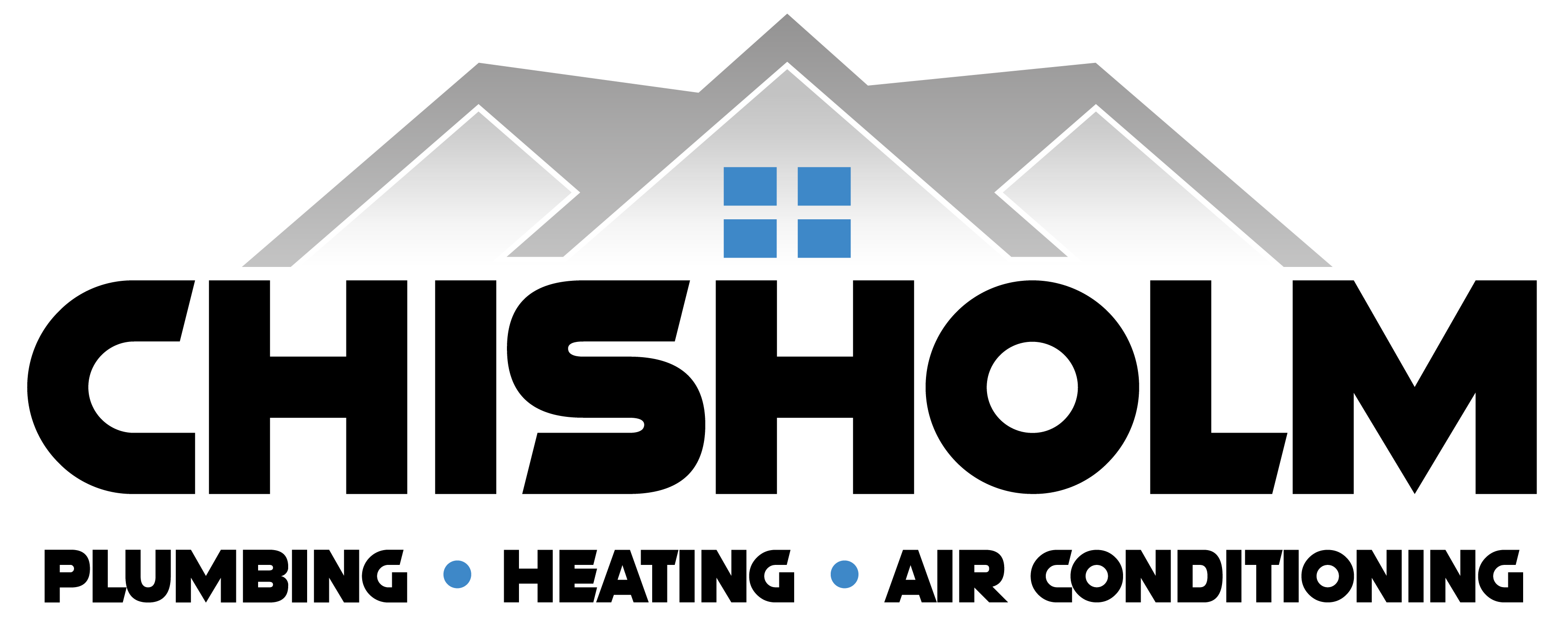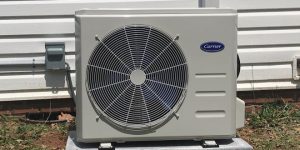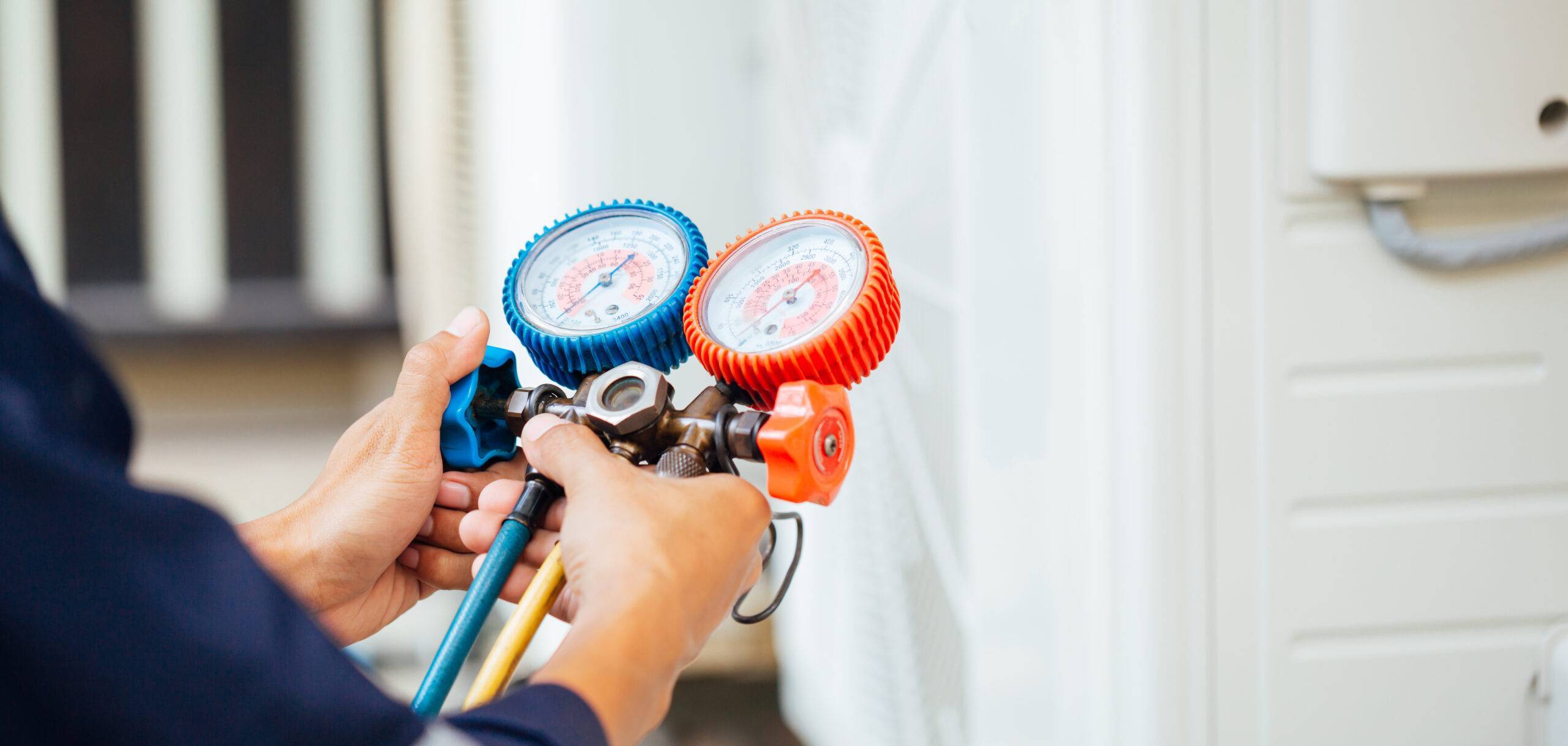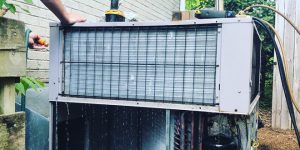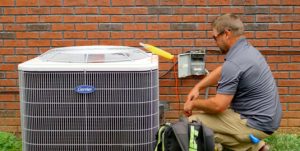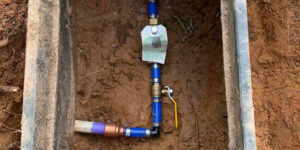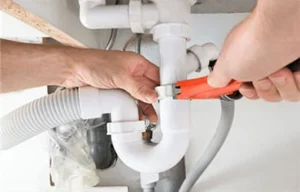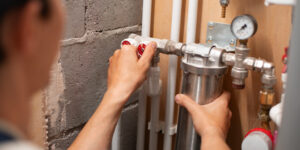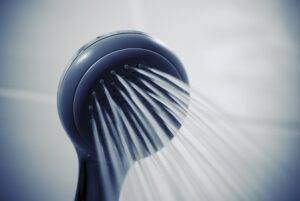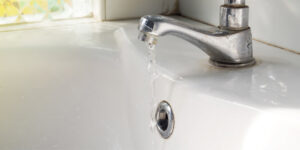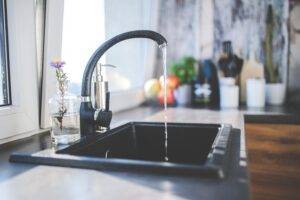
As the seasons change in Mauldin, your HVAC system has to adapt to fluctuating temperatures and varying weather conditions. Whether it’s cooling during the sweltering summer or keeping your home warm in the chilly winter, your HVAC system is an essential part of your comfort. In this blog, we’ll explore how seasonal changes affect your HVAC system and provide tips on how to keep it running efficiently year-round.
Table of Contents
| Section | Overview |
| Why Seasonal Changes Affect Your HVAC System | Understand how different seasons put varying demands on your HVAC system. |
| Spring & Summer: Preparing Your AC for Warmer Weather | Learn essential maintenance tips for your air conditioning system during warmer months. |
| Fall & Winter: Prepping Your Heating System | Key steps to ensure your furnace or heating system performs optimally in colder months. |
| How to Optimize Your HVAC System Year-Round | Practical tips to improve energy efficiency and avoid unexpected breakdowns. |
| Benefits of HVAC Maintenance Plans | Explore the advantages of scheduled, professional maintenance for your system. |
| Fun Facts About Seasonal HVAC Maintenance | Discover surprising and interesting facts about your HVAC system and its seasonal care. |
| FAQ Section | Get answers to common questions about maintaining your HVAC system through seasonal changes. |
Glossary of Terms
- HVAC: Heating, Ventilation, and Air Conditioning, the system responsible for controlling your home’s climate.
- Furnace: The appliance that heats your home during colder months.
- Air Handler: The indoor unit that circulates air through your home.
- Refrigerant: A fluid used in air conditioning systems to cool air by absorbing heat.
- Compressor: A part of the air conditioning system that pressurizes refrigerant to cool your home.
- Heat Exchanger: A component in your furnace that heats air before it is distributed.
- SEER Rating: Seasonal Energy Efficiency Ratio, which measures the efficiency of air conditioners.
- Ductwork: The system of ducts that distributes heated or cooled air throughout your home.
Why Seasonal Changes Affect Your HVAC System
Seasonal changes in Mauldin can place different demands on your HVAC system. In the summer, your air conditioner has to work harder to cool your home, while winter puts more stress on your furnace. Shifting weather patterns, temperature extremes, and humidity fluctuations can all impact how your system performs.
During warmer months, air conditioning systems must compensate for high outdoor temperatures, which leads to increased energy use and wear on key components like compressors and refrigerant lines. Similarly, during colder months, heating systems must work efficiently to maintain warmth despite freezing temperatures outside. Without regular maintenance, these seasonal demands can lead to higher energy bills, inconsistent performance, and premature system failure.
By preparing your HVAC system before each season and scheduling regular maintenance, you can ensure that it operates effectively throughout the year. For professional help, consider scheduling AC services and heating services with Chisholm Plumbing, Heating & Air Conditioning.
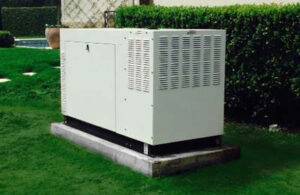
Spring & Summer: Preparing Your AC for Warmer Weather
When spring arrives in Mauldin, it’s the perfect time to start preparing your air conditioning system for the hot summer months ahead. To ensure your AC operates at its best, follow these essential maintenance steps:
- Replace or Clean Air Filters: Clean air filters help maintain proper airflow and improve energy efficiency. During peak cooling season, filters should be changed every 1-3 months.
- Inspect the Thermostat: Make sure your thermostat is working correctly and consider upgrading to a programmable or smart thermostat to optimize cooling while saving energy.
- Clean the Condenser Coils: Dirt and debris can accumulate on your outdoor unit’s coils, reducing its cooling capacity. Cleaning the coils helps your AC perform better during the summer.
- Check Refrigerant Levels: Proper refrigerant levels are critical for cooling efficiency. If your AC is low on refrigerant, it may struggle to cool your home or develop a leak.
- Clear Debris Around the Outdoor Unit: Leaves, dirt, and grass clippings can obstruct the outdoor condenser unit, reducing efficiency. Keep the area around your AC unit clear for optimal performance.
Scheduling a professional AC maintenance service ensures that your system is ready for the demands of summer. Regular maintenance reduces the risk of breakdowns and helps extend the lifespan of your air conditioner.
Fall & Winter: Prepping Your Heating System
As the weather cools down in Mauldin, your focus shifts from air conditioning to heating. Preparing your furnace or heat pump for winter is essential for keeping your home warm and comfortable during the colder months. Follow these tips to ensure your heating system is in top condition:
- Test Your Heating System Early: Before the temperatures drop, test your furnace to make sure it’s working properly. This gives you time to address any issues before winter sets in.
- Replace Air Filters: Just like in the summer, clean filters are crucial for maintaining proper airflow and efficiency. Change your furnace filters regularly to avoid overworking your heating system.
- Inspect the Heat Exchanger: The heat exchanger is responsible for warming the air that’s circulated through your home. A cracked heat exchanger can lead to dangerous carbon monoxide leaks, so have it inspected by a professional.
- Check the Thermostat Settings: Adjust your thermostat settings to suit the cooler weather. A programmable thermostat can automatically lower the temperature at night or when you’re not home, helping to save energy.
- Clean and Seal Ductwork: Ensure that your ductwork is free of debris and properly sealed to prevent heat loss and improve the overall efficiency of your heating system.
Regular heating maintenance, such as furnace tune-ups, will keep your system running safely and efficiently throughout the winter.
How to Optimize Your HVAC System Year-Round
To ensure that your HVAC system operates efficiently throughout the year, it’s essential to take steps that optimize performance and prevent breakdowns. Here’s what you can do:
- Regularly Change Air Filters: Dirty air filters reduce airflow, causing your system to work harder. Whether it’s summer or winter, changing filters regularly keeps your HVAC system operating efficiently.
- Keep Vents and Ducts Clean: Clean air vents and ducts improve air quality and system performance. Regular duct cleaning prevents dust and debris from accumulating and affecting airflow.
- Schedule Bi-Annual Professional Maintenance: Professional maintenance in the spring and fall ensures that both your cooling and heating systems are prepared for the upcoming season. Technicians can identify and fix small issues before they become major problems.
- Seal Windows and Doors: Prevent energy loss by ensuring your windows and doors are properly sealed. This reduces the strain on your HVAC system and improves energy efficiency.
- Use a Programmable Thermostat: Setting your thermostat to adjust automatically during the day can save energy. Keep your home warmer in the summer and cooler in the winter when you’re away to reduce strain on your system.
For year-round peace of mind, consider signing up for one of Chisholm’s maintenance plans. These plans include regular tune-ups and inspections to ensure your HVAC system is always in peak condition.
Benefits of HVAC Maintenance Plans
Enrolling in an HVAC maintenance plan offers numerous benefits, especially in a climate like Mauldin’s, where seasonal changes put pressure on both your air conditioning and heating systems. Here’s why a maintenance plan is a smart investment:
- Energy Efficiency: Regular maintenance helps your system run efficiently, lowering your energy bills during both summer and winter.
- Fewer Repairs: Routine checkups catch small issues before they become major, expensive repairs.
- Extended System Life: Proper care extends the lifespan of your HVAC system, delaying the need for costly replacements.
- Priority Service: With a maintenance plan, you receive priority service, meaning faster response times during busy periods.
- Discounted Repairs: Many plans offer discounts on repair services, parts, and labor, saving you money in the long run.
Learn more about Chisholm’s maintenance plans to keep your HVAC system running smoothly year-round.

Fun Facts About Seasonal HVAC Maintenance
- Fact 1: Air conditioners not only cool air but also remove humidity. In hot, humid climates, your AC system can lower the humidity by as much as 30-50%, making your home more comfortable.
- Fact 2: Regular maintenance can improve your HVAC system’s efficiency by up to 15%, reducing your energy consumption and costs.
- Fact 3: Modern HVAC systems can reduce airborne allergens like dust, pollen, and pet dander by up to 99% with a high-quality air filter.
- Fact 4: Heating accounts for nearly 42% of the average home’s energy bill. Ensuring your furnace runs efficiently can significantly reduce your heating costs in the winter.
- Fact 5: The first air conditioner was invented in 1902, not for home comfort but to reduce humidity in a printing plant!
FAQ Section
How often should I change my air filters? You should change your air filters every 1-3 months, depending on usage, pets, and whether you suffer from allergies.
What’s the best time to schedule HVAC maintenance? It’s best to schedule maintenance twice a year—once in the spring for your air conditioner and once in the fall for your furnace.
Why is my air conditioner blowing warm air? This could be caused by low refrigerant, a clogged air filter, or issues with the thermostat or compressor. It’s best to have a professional diagnose the problem.
Why does my HVAC system make strange noises? Unusual sounds could indicate loose components, a motor issue, or debris caught in the fan. Ignoring these noises could lead to more serious damage.
When should I replace my HVAC system? If your system is over 10-15 years old, frequently needs repairs, or is no longer energy efficient, it may be time for a replacement. Consider upgrading to a more efficient model.
Ensure Comfort Year-Round with Chisholm HVAC Services
Mauldin’s seasonal changes can take a toll on your HVAC system, but with regular maintenance and care, you can ensure your system operates efficiently all year long. Whether it’s cooling in the summer or heating in the winter, Chisholm Plumbing, Heating & Air Conditioning is here to help.
Contact us today to schedule a service and ensure your home stays comfortable no matter the season!
